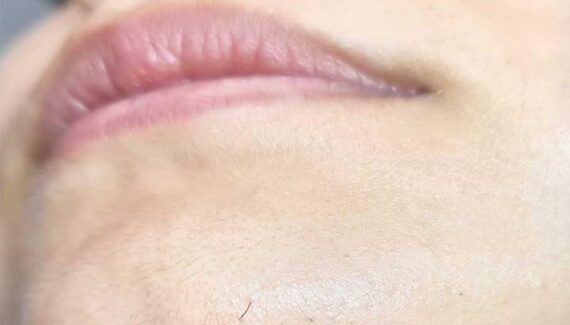
Step 3: Consult a Healthcare Professional
- Bring your observations to a gynecologist or endocrinologist.
- Discuss any irregularities or concerns about breast changes.
- Professional evaluation may include blood tests, ultrasounds, or hormone panels.
Step 4: Lifestyle and Dietary Considerations
- Maintain a balanced diet rich in phytoestrogens (soy, flaxseeds) to support healthy hormone levels.
- Regular exercise can influence body fat composition, which indirectly affects breast size.
- Avoid excessive alcohol or smoking, as these can disrupt hormonal balance.
Step 5: Monitor Over Time
- Track changes consistently over months to identify patterns.
- Compare hormonal data with breast size observations to understand personal correlations.
4. Important Considerations
- Genetics matter: Hormones are influential, but inherited traits largely determine baseline breast size.
- Breast changes are normal: Swelling, tenderness, or size fluctuations are common and often cyclical.
- Medical conditions: Certain disorders (thyroid issues, PCOS, prolactinoma) can impact breast tissue; professional consultation is essential.
- Hormone therapies: Birth control, HRT, or fertility treatments can temporarily or permanently alter breast size.
5. Conclusion
Breast size is more than just a cosmetic trait; it is an indicator of hormonal balance and overall health. By observing changes, monitoring hormone levels, and maintaining a healthy lifestyle, women can gain insight into how their bodies respond to hormonal shifts. Regular medical check-ups, combined with awareness and self-tracking, create a complete picture of breast health.
If you want, I can also create a visual guide showing the step-by-step method for tracking hormonal health and breast changes — it would make it easier to follow and understand.
Do you want me to do that?








No Responses Yet